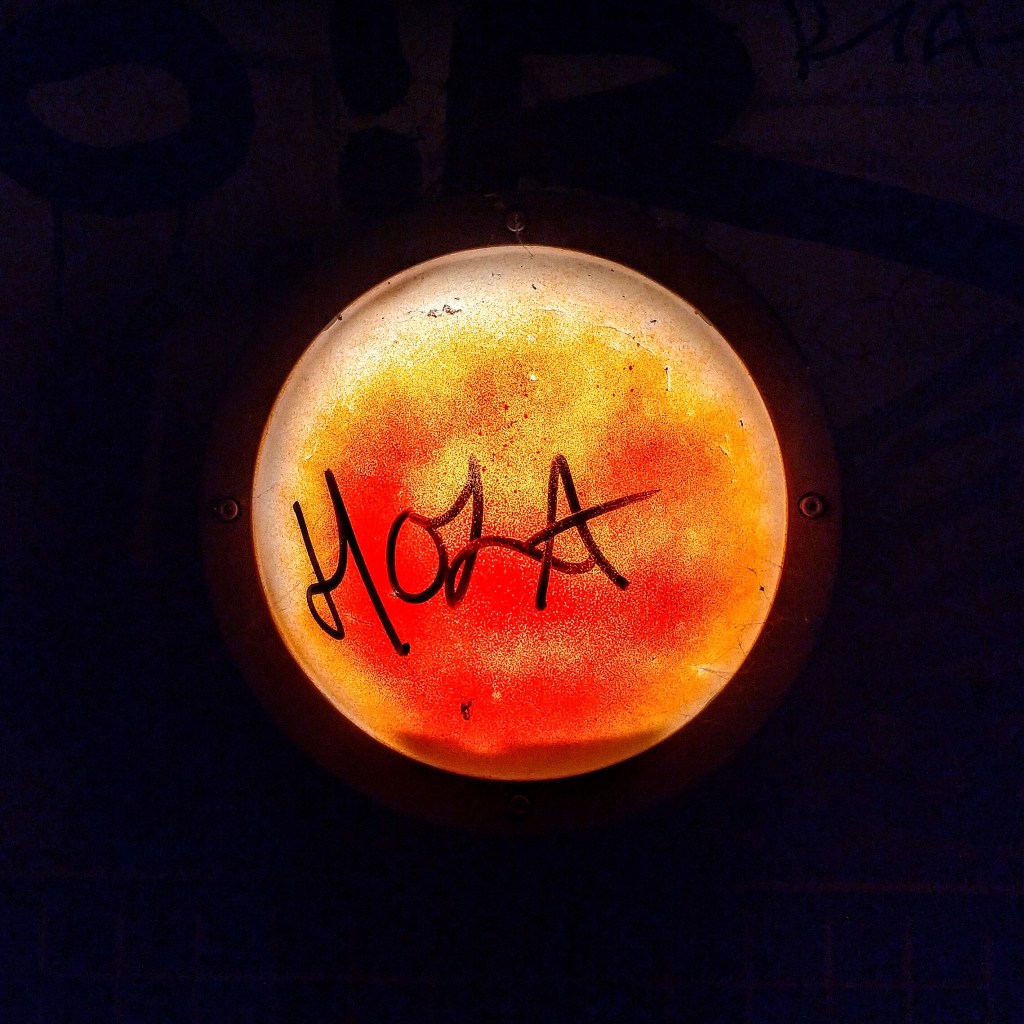PLEASE NOTE – THIS WEBSITE IS UNDER REFURBISHMENT AS THE HUB IS REGROUPING
The Hub for Speculative Fabulation upon Incidental Observations (The Hub) is a research hub for blue skies research. We attend to objects with little or no culture-historical significance; objects that nevertheless are delegates of society. Typically, the objects explored by The Hub have no provenance. On the other hand, they are often broken, and unburdened by context and meaningful relations. The Hub’s inquiry into insignificant and incidental objects explores their aesthetic and epistemic potential through speculative fabulations.
The Hub aims to create a space for stimulating free fabulations and developing incidental observations as an academic method. This methodical framework is, simultaneously, concrete and inconsequential, delineated and unrestrained, ambitious and patient. We explore speculation, intuition, serendipity and creative engagements as a fundamental element of epistemic processes, granting ourselves a licence to ponder the possible rather than the probable. Speculation, hence, is conducted on a very basic level: in and through matter, in the simple, by pausing, dwelling, stepping back, wondering and fabulating upon the minimal and seemingly insignificant. The aim is not for speculation to lead to comprehensive or exhaustive explanations, but rather to allow loose ends to remain loose, and thinking to remain free.
The proposition upon which the Hub rests is that speculative fabulations upon incidental observations are particularly beneficiary for stimulating the immersion into things and opening up multifarious ways of encountering our surroundings. Is it possible to think differently, if we do not – occasionally at least – fabulate and speculate, and do so freely? Are we capable of making anything but already anticipated observations if we do not, from time to time, bump into unforeseen things and get distracted by them? Following this ethos, The Hub explores what might be gained by being let astray, by getting lost, or by getting stuck with things that we do not fully understand. Accordingly, as a blue skies research hub, The Hub endorses ‘slow science’, and seeks to have faith in initiatives that seem to go nowhere in particular. We embark on a journey down a path with no known destination, where we do not know in advance what knowledge our initiatives will produce, and without anticipating a clear analytical point.
The origins of The Hub
The Hub was initiated in the Spring of 2019 by Tim Flohr Sørensen. He invited archaeologists, anthropologists and artists to join the hub as a forum for exploring aspects of academic life that are rarely welcomed in more conventional ‘projects’ with a pre-defined purpose, method and anticipated result. The invited individuals have all worked with the speculative fabulations and incidental observations previously. Currently, The Hub consists of ten participants, based in five countries.
The Hub for Speculative Fabulations upon Incidental Observations takes its name from a rejection letter received by Tim Flohr Sørensen in 2005. Between 2003 and 2006, he received nine rejections on applications for funding for a PhD project. In one of the rejection letters, the assessment committee stated that the proposed project “seemed merely to lead to speculative fabulations upon incidental observations”. Apparently, the assessment committee did not consider this a positive feature. Hence, the phrase “speculative fabulations” does not directly refer to Donna Haraway’s homonymous term, yet The Hub does indeed take much of its inspiration from her development of speculative fabulations.
The interest in formalising speculative fabulations upon incidental observations was further strengthened in 2017, when Anna S. Beck and Tim Flohr Sørensen received a peer review of a manuscript for a photo essay. The topic of the photo essay was a discontinued and largely decayed glassworks, subject to vandalism, dissolution and other forms of disturbance. A peer reviewer commented that s/he believed the photo essay represented “an exaggerated effort to extract profound philosophical observations from prosaic junked things”. In this perspective, there is not much hope that ordinary, broken everyday objects can lead to insight or new knowledge. This assumption seems to have rather devastating consequences for archaeology as an academic discipline. However, the critique reinforced a stubborn desire to maintain a focus on the prosaic and the profane – an urge for the archaeological to endure.
